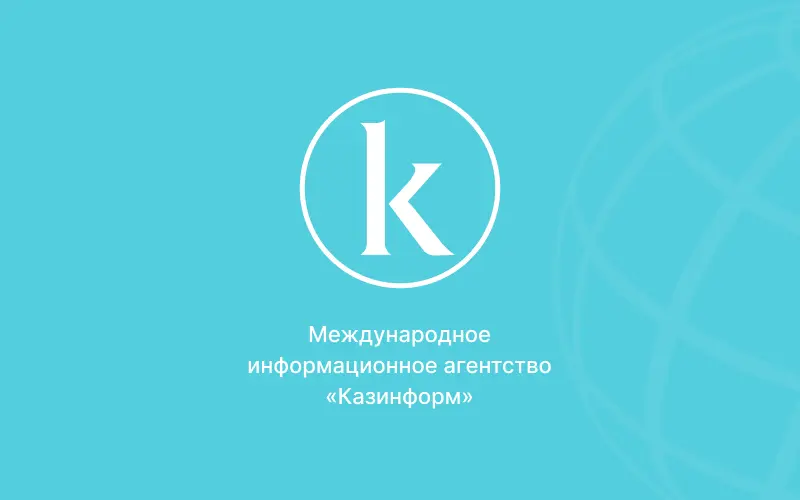Danish parliament approves plan to seize assets from refugees

The vote in the Danish parliament on Tuesday, which followed similar moves in Switzerland and southern Germany, came as central European leaders amplified calls to seal the borders of the Balkans, a move that would risk trapping thousands of asylum seekers in Greece.
Under the new Danish law, police will be allowed to search asylum seekers on arrival in the country and confiscate any non-essential items worth more than 10,000 kroner (£1,000) that have no sentimental value to their owner.
The centre-right government said the procedure is intended to cover the cost of each asylum seeker’s treatment by the state, and mimics the handling of Danish citizens on welfare.
Elsewhere in Europe, the Czech and Slovakian prime ministers condemned Greece’s inability to prevent hundreds of thousands of refugees from moving onwards to northern European countries.
They jointly called for increased border protection to block the passage of refugees from Greece, a day after EU interior ministers said they were willing to consider the suspension of the Schengen agreement that allows free passage between most EU countries.
Robert Fico, the Slovakian prime minister, said: “There must be a backup plan, regardless of whether Greece stays in Schengen. We must find an effective border protection.”
The idea outraged the Greek government, which must now consider the possibility of hundreds of thousands of refugees being unable to leave Greece, which is struggling with high unemployment and economic strife.
Nikos Xydakis, Greece’s alternate foreign minister for EU affairs, called the idea “hysterical” and warned that it could lead to the fragmentation of Europe. “If every country raises a fence, we return to the cold war period and the iron curtain. This isn’t EU integration – this is EU fragmentation.”
The Greek government faces calls to take tougher action to block the passage of the thousands of refugees arriving in Greece by boat every day, but Xydakis said the only way of stopping them would be to shoot them – an option that Greece was not willing to take, even if it meant being fenced in.
“If Europe is to put Greece in a deep humanitarian crisis, let’s see it [happen],” he said in an interview with the Guardian on Tuesday. “We are in the sixth year of a depression and [have] unemployment of 25% … But if our colleagues and partners in the EU think that we have to let people drown or sink their boats, we can’t do that. Maybe we will suffer, but we will manage.”
Amid the disagreement, the UN said the prospects of Europe standing together to share the burden of the refugee crisis seemed ever more distant.
Peter Sutherland, the UN secretary general’s special representative for international migration, said: “Day by day, the likelihood of a common European approach to the migrant crisis seems to be receding – and such a common approach is indispensable to finding any solutions.”
For more information go to www.theguardian.com